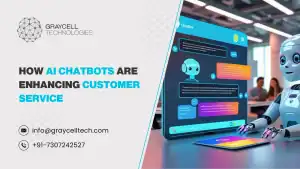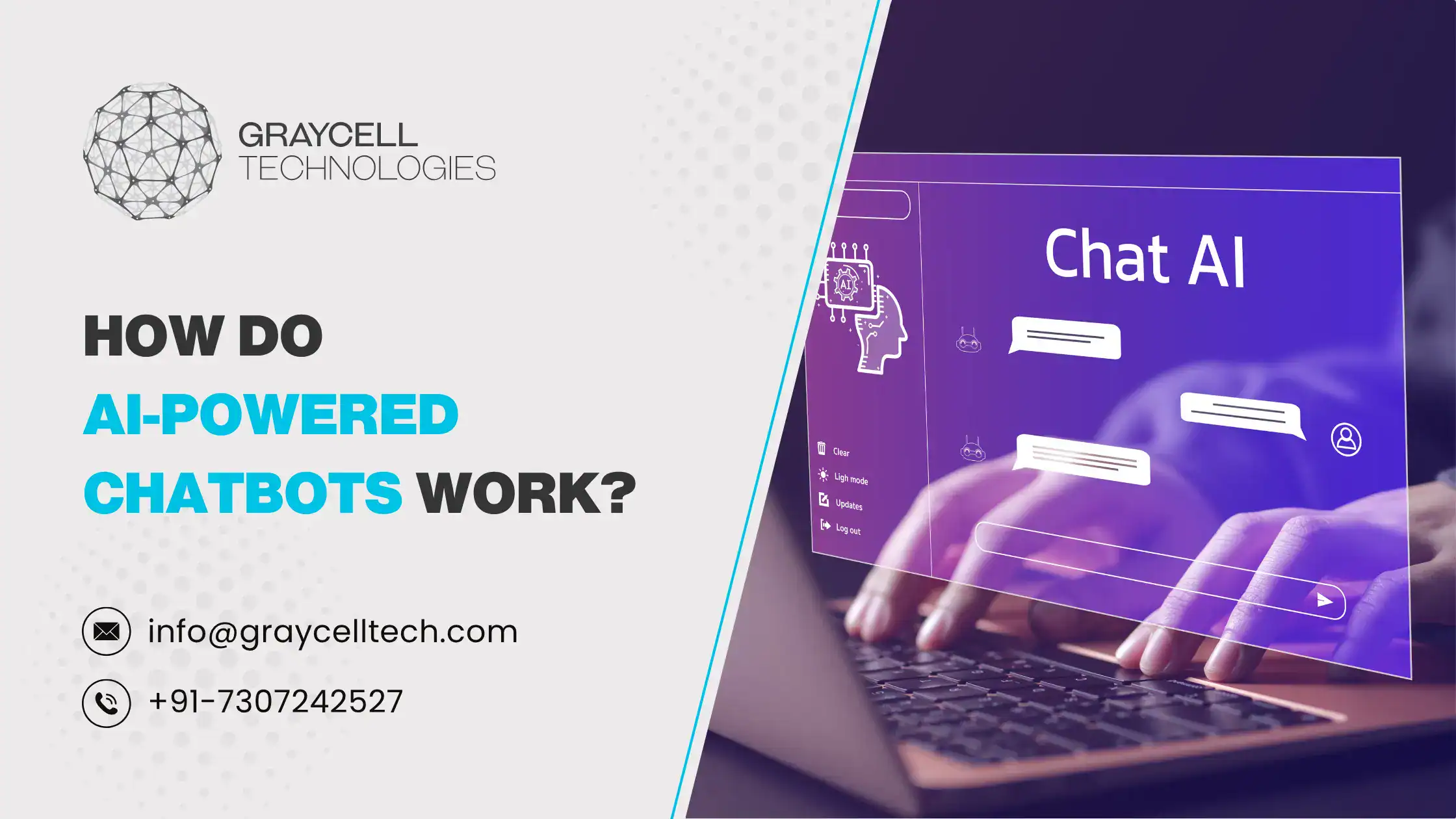In a world where online competition is fierce, e-commerce businesses must do more than just have a great product; they need to be discoverable. With countless websites vying for visibility on search engines, the key to standing out lies in smart, data-driven SEO (Search Engine Optimization).
Today, that means going beyond traditional tactics. Enter AI and machine learning, two technologies that are revolutionizing how brands optimize their websites, attract the right traffic, and climb Google rankings.
In this blog, we’ll explore how AI-powered SEO tools and machine learning strategies are transforming the future of e-commerce SEO and how you can put them to work for your business.
Key Statistics and News:
- In India, SMEs are rapidly adopting AI and ML for consumer behavior insights, demand forecasting, and inventory optimization, empowering online retailers to compete more effectively. (Source: Economic Times)
- AI-driven SEO campaigns can boost organic traffic by 45% and conversion rates by 38% in e‑commerce, a powerful ROI case. (Source: Seoprofy)
What is AI and Machine Learning in SEO?
![]()
Before we explore more, let’s keep it simple.
Artificial Intelligence (AI) refers to computer systems that can perform tasks that normally require human intelligence, such as understanding language, recognizing patterns, or making decisions.
Machine learning (ML) is a part of AI that allows machines to learn from data and improve over time without someone having to teach them every step.
So, how does this apply to SEO?
AI and ML can analyze massive amounts of data, identify what works, and help businesses make smarter decisions. When used in SEO for e-commerce, they can suggest keywords, improve content, predict trends, and even automate technical tasks.
Why AI Matters in E-Commerce SEO?

SEO is no longer just about stuffing keywords or building backlinks. It’s now more strategic, data-driven, and personalized. That’s exactly why AI is becoming so useful.
Imagine having a tool that:
- Finds the best keywords based on real-time data
- Optimizes your product descriptions for Google
- Analyzes your competitors’ content in seconds
- Suggests what kind of blogs or landing pages you should create
- Helps you understand how Google might rank your page
This is exactly what AI-powered SEO tools for e-commerce businesses can do today.
Key Benefits of Using AI in E-Commerce SEO

Here are some real, practical ways AI can help boost your SEO performance:
- Smarter Keyword Research
Traditional keyword research is slow and time-consuming. But AI-driven keyword research for e-commerce SEO can analyze trends, customer intent, and even competitors’ data to recommend high-impact keywords in seconds.
- Better Product Page Optimization
One of the biggest pain points for online stores is optimizing product pages. With the help of AI to optimize e-commerce product pages, businesses can generate relevant meta titles, descriptions, alt text, and keyword-rich content automatically, without sounding robotic.
- Personalized Content Recommendations
AI can analyze customer behavior and suggest what kind of content they’re more likely to engage with. That means you can personalize your blogs, guides, and landing pages for a better user experience and rankings.
- Faster Technical SEO Fixes
From broken links to crawl errors, machine learning enhances technical SEO by quickly scanning your website and suggesting fixes before they impact your ranking.
How Machine Learning Improves SEO Strategy?

The beauty of machine learning in e-commerce SEO strategy is that it doesn’t just analyze past data, it predicts future outcomes.
For example, a machine learning model might notice that blog posts with certain structures perform better or that your product pages rank higher when a specific layout is used. Over time, the system learns what works and what doesn’t, helping you continuously improve your SEO game.
This makes your strategy proactive rather than reactive.
Popular AI SEO Tools for E-commerce

Here are a few AI-powered tools that are making waves in the e-commerce world:
- Surfer SEO: Helps you write SEO-optimized content based on top-ranking pages
- Frase: AI tool for creating detailed content briefs and outlines
- Semrush with AI integrations: Tracks keywords, competitors, and site health
- Jasper (formerly Jarvis): Writes SEO-friendly product descriptions and blog content
Using any of these can help with improving e-commerce SEO performance with AI, even if you’re not an expert.
Is AI the Future of SEO?
Absolutely. As search engines get smarter, traditional SEO tactics are becoming less effective. Google now uses machine learning in its algorithms (like RankBrain and BERT) to understand user intent better.
To stay ahead, e-commerce brands need to adapt. Whether it’s through SEO automation tools powered by machine learning or smarter keyword tools, businesses that embrace AI will have a clear advantage.
That doesn’t mean AI will replace SEO experts, but it will definitely become their most valuable assistant.
Wrapping Up
If you run an online store or work with e-commerce content, it’s time to level up. AI-powered SEO tools for e-commerce businesses can save you time, reduce guesswork, and boost your visibility on Google.
From using AI to optimize e-commerce product pages to improving e-commerce SEO performance with AI, the possibilities are endless and easier than ever to implement.
The future of SEO is intelligent, automated, and personalized. Don’t get left behind, start exploring how AI and machine learning for better Google rankings can transform your e-commerce strategy today.








